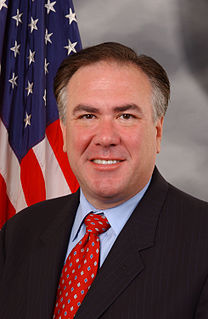A Quote by Janeane Garofalo
Iraq is a manufactured conflict for the sake of geopolitical dominance in the area.
Related Quotes
Well what are our geopolitical objectives? First, that North America be peaceful, prosperous, dominated by the United States. Second, that no nation be able to approach the United States militarily ... Those are the goals. It's very simple. We achieve that by making certain that all conflict takes place in the Eastern Hemisphere so we don't have conflict here.
I have witnessed firsthand the anguish of this humanitarian tragedy - in Palestine, Iraq, Syria, Pakistan, and other conflict and post-conflict zones. The destruction of lives and hopes, the emotional trauma, and the economic, social, and political marginalization of the displaced, the human insecurity, with real and potentially devastating consequences over generations, in ever-widening arenas of conflict. We can and must ensure the human rights of the displaced. That begins by making their voices heard.
When you have a conflict, that means that there are truths that have to be addressed on each side of the conflict. And when you have a conflict, then it's an educational process to try to resolve the conflict. And to resolve that, you have to get people on both sides of the conflict involved so that they can dialogue.


































